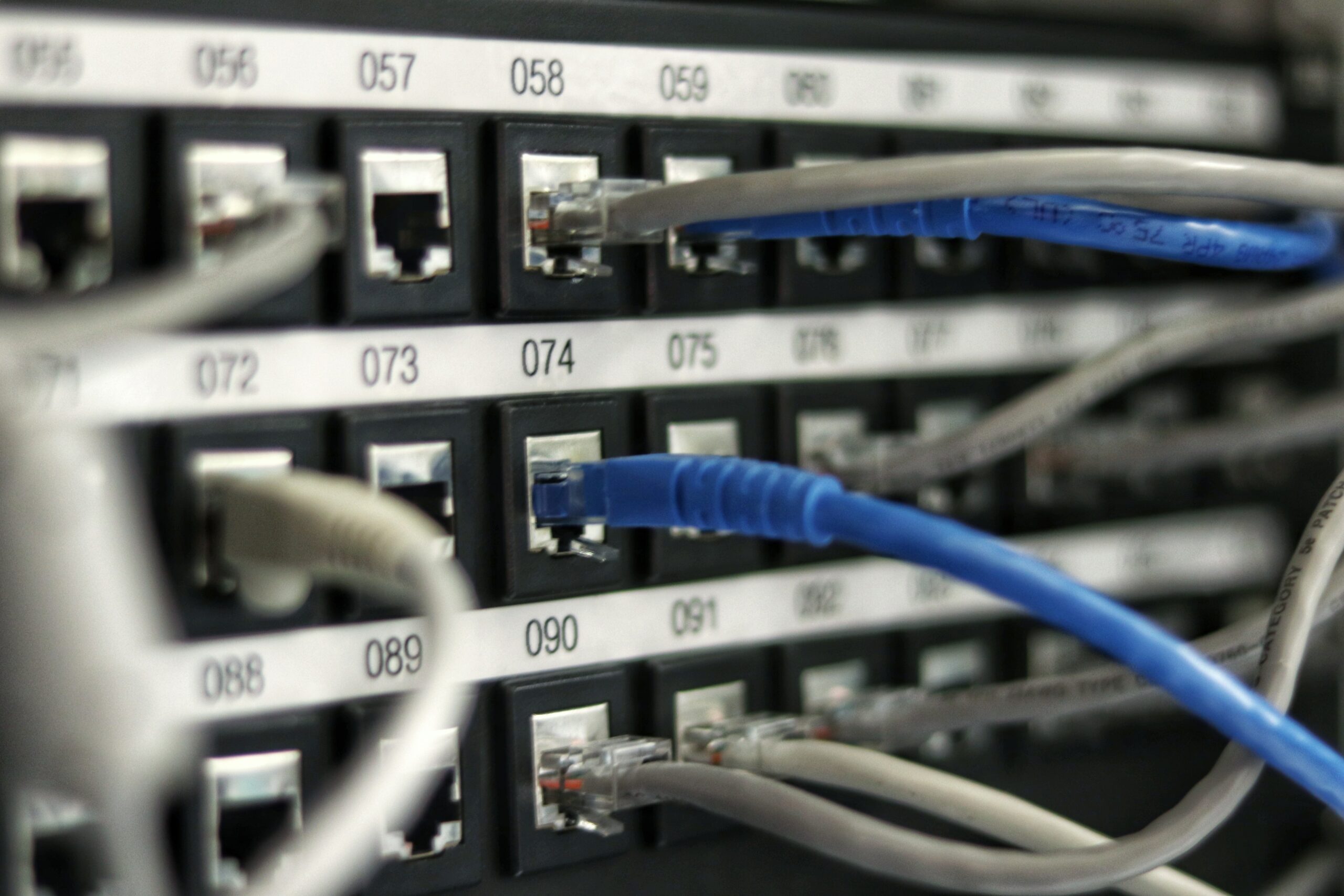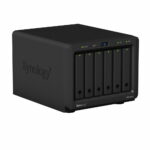A data server is a computer designed specifically to receive requests from other programs, known as “clients,” and provide them with data or services. These servers are essential components that act as information centers where large volumes of data are stored, processed and distributed.
Data servers can vary greatly in size, from a small server housed in an office to vast data centers that occupy entire buildings and host thousands of servers.
Regardless of their size, they all share a common purpose, storing data securely and making it accessible to authorized users quickly and efficiently.
There are several types of data servers, each specialized in different functions. Some of the most common include:
 • File servers: Store and manage files, allowing users to share and access them over a network.
• File servers: Store and manage files, allowing users to share and access them over a network.
• Web servers: They store web pages and related data, facilitating access to these contents over the Internet.
• Database servers: Specialized in storing and managing large databases, they allow efficient search and retrieval of data.
• Mail servers: They facilitate the sending and receiving of emails.
What uses can you give to a data server?
Data servers have a wide range of applications in today’s digital world, playing a vital role in virtually all areas of technology and business:
1. Web Hosting
Data servers provide the infrastructure necessary to host websites, allowing companies and individuals to publish their pages on the Internet. These servers store website files and deliver them to end users when accessed through a browser.
2. File Storage and Sharing
They allow large amounts of data to be stored, such as documents, images and videos, facilitating access and secure sharing between users and teams, regardless of their geographical location.
3. Databases
Specialized database data servers manage and store structured data efficiently. They are essential for applications that require fast and reliable access to large volumes of data, such as customer relationship management (CRM) systems, financial applications, and e-commerce platforms.
4. Email
Email servers manage the sending and receiving of emails. They are essential for business and personal communication, allowing the exchange of messages and files in an organized and secure manner.
5. Business Applications
They support the execution of critical business applications, such as enterprise resource planning (ERP), customer relationship management (CRM), and geographic information systems (GIS), among others.
6.Online games
Data servers are key for the entertainment industry, especially for online gaming and eSports, where they provide the infrastructure to host multiplayer games, maintaining the synchronization of game states between different players.
7. Cloud Services
They provide the infrastructure for a variety of cloud services, such as cloud storage, SaaS (Software as a Service) applications, platforms as a service (PaaS), and infrastructure as a service (IaaS), allowing users to access computing resources. on demand.
8. Data Analysis and Big Data
Data servers are essential for the analysis of large volumes of data, allowing organizations to process and analyze information to obtain insights, optimize operations, and make data-driven decisions.
9. Backup and Data Recovery
They play a crucial role in data backup and recovery strategies, storing essential backup copies to ensure business continuity in the face of unexpected incidents.
10. Development and Testing
They provide environments for application development and testing, allowing developers to work in a controlled environment that simulates production conditions without affecting business operations.

What are the advantages of choosing a data server?
1. Data Centralization: Data servers allow the centralization of data management, which facilitates access, control and security of information. This is especially useful for organizations that handle large volumes of data and require it to be securely accessible to users and distributed applications.
2. Improved Performance and Availability: A well-configured data server can significantly improve the performance of applications that depend on fast and reliable access to data.
Additionally, implementing redundancy and load balancing solutions can increase the availability of services, ensuring that critical systems remain operational even in the event of hardware or software failures.
3. Data Security: Security is one of the main advantages of using data servers. These systems offer advanced security features, such as firewalls, data encryption, and user authentication, to protect sensitive information from unauthorized access and cyber attacks.
4. Scalability: Data servers offer the flexibility to scale resources according to business needs. This means that more storage capacity, processing power, and memory can be added relatively easily, allowing organizations to grow without facing significant infrastructure limitations.
5. Control over Configuration: Opting for an in-house data server gives organizations complete control over hardware and software configuration. This allows for detailed customization to meet specific performance, security, and operational requirements, something that is not always possible with cloud or shared hosting solutions.
6. Backup and Recovery: The ability to implement customized data backup and recovery policies is another crucial advantage. Data servers can be configured to perform automatic backups, ensuring that essential data can be quickly recovered in the event of data loss or disasters.
7. Support for Specific Applications: Some projects require the use of specific applications or databases that require particular configurations or dedicated resources. A data server allows these applications to be installed and run with the exact requirements necessary for optimal performance.
8. Efficiency in the Management of Large Volumes of Data: For projects that involve the management of large data sets or big data analysis, data servers provide the necessary infrastructure to efficiently process and analyze this information, something essential for taking data-based decision making.
9. Remote Access and Collaboration: Setting up a data server facilitates secure remote access, allowing teams to collaborate and access necessary resources from anywhere, which is especially relevant in the current context of remote work.

How to buy my data server at Ibertronica?
In our online catalog we have numerous servers already preconfigured, you can take a look at them in the following LINK.
You can also contact us through our web page, phone (917 10 95 15) mail ([email protected]) or social networks, and request a quote without obligation. An Ibertronica advisor will assist you and help you choose the data server that best suits your needs and objectives..
With data servers, you can boost your business, increase your productivity and have the best support. All this, with a competitive price and adjusted to your needs.







